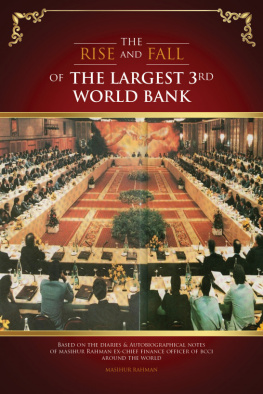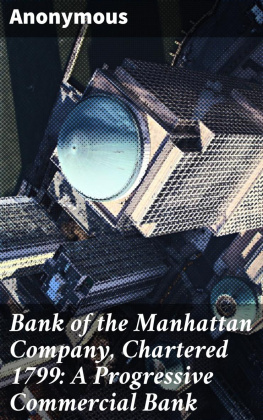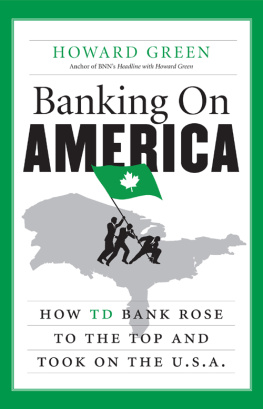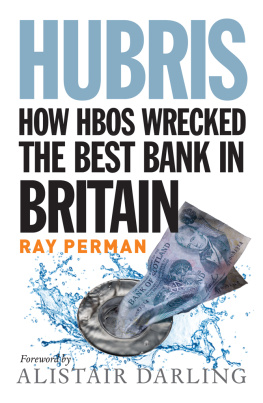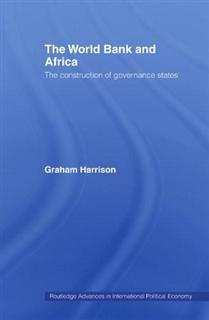The Rise and Fall of the Largest
rd World Bank
The Rise and Fall of the Largest
rd World Bank
Based on thediaries & Autobiographical notes
of masihurRahman ex-chief finance officer of bcci
around theworld
Copyright 2017 MasihurRahman
Publishedby Masihur Rahman Publishing at Smashwords
First edition2017
All rights reserved. Nopart of this book may be reproduced or transmitted in any form orby any means, electronic or mechanical, including photocopying,recording or any information storage or retrieval system withoutpermission from the copyright holder.
The Author has made everyeffort to trace and acknowledge sources/resources/individuals. Inthe event that any images/information have been incorrectlyattributed or credited, the Author will be pleased to rectify theseomissions at the earliest opportunity.
Printed and bound by NovusPrinters
Cover designed by MasihurRahman
Website:www.reachpublishers.co.za
E-mail:reach@webstorm.co.za
Scripture quotations taken from the Amplified Bible, unlessotherwise stated:
Copyright 1954, 1958, 1962, 1964, 1965, 1987 by The LockmanFoundation.
Used by permission.
This book isdedicated to all who were inspired to put this highly readable booktogether.
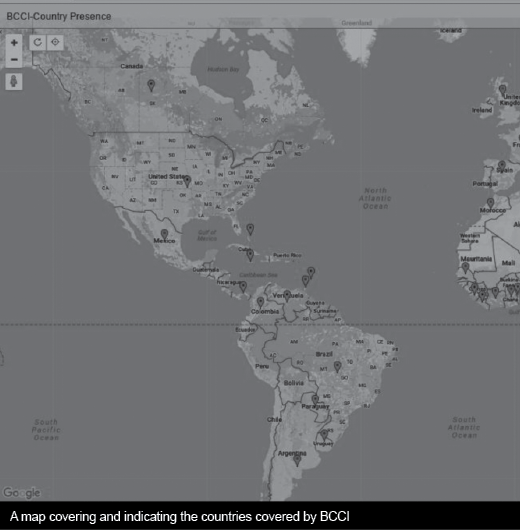
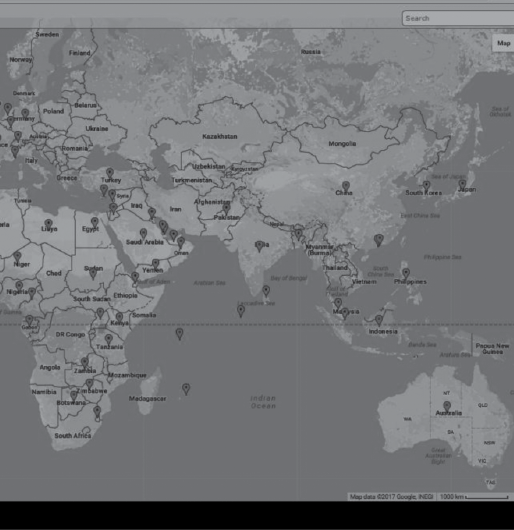
ACKNOWLEDGEMENTS
A special noteof thanks is due to several ex-colleagues of the author who workedin BCCI. Particularly, Dildar Rizvi, Anwarul Amin and Tom Thiss.Similar thanks is due to the senior partner of a major audit firmwhose assistance was vital and finally to Baaba Mirekuah who helpedin the editing work with great talent. I also need to express aheartfelt appreciation to Mavis Boateng who made sure that l waswell cared for during my many months of strenuous efforts inwriting this book.
CONTENT
PREFACE
Perhaps thereare few, if any, banking sagas in the annals of globalfinancial disasters about which so much has been written inthe international press, televised around the world, talked aboutendlessly and analyzed threadbare by experts, than the infamousBank of Credit and Commerce International.
Nearly a dozenor so books have been churned out particularly during 1991 and 1992with eye catching names, one falling over each other describing ininfinite and gory details the multitude of wrong-doings of BCCIfrom the time it was conceived to its untimely death when it wasbarely in its 20s. There is not a single newspaper worth its namethat has not dedicated headline after headline for the four littlealphabetsBCCI, nor written more salacious stories as factualreporting about this unfortunate institution, which according tothe wise ones should never have been born.
Well that wasmore than a quarter of a century ago. The writer of this book hasbeen assisted by some of his senior colleagues who were ex-officersof BCCI around the world and were there to participate in andwitness this tragic event first hand. They feel that the time isnow ripe, the dust having settled, to bring forth The UntoldStory, if nothing else to lay out the real facts fully andcomprehensively researched and backed by masses of supportingdocuments.
Theycollectively feel that this book will become a must readreference book not only to those directly affected by itsfall-outs, but for generation after generation of those aspiring tobecome future bankers, auditors or accountants and even tothousands of casual readers.
Many parts ofthis story will be jaw-dropping and readers who are morepersevering will seek to delve into the evidence used to supportthe written narrative. They will have ready access to sufficientand convincing documents to become fully satisfied. In the future,Masi hopes Wikipedia will some day find it worth covering, just torecord the other side of this saga and to counter the manyfables they have already carried.
The time isnow ripe, the dust having settled, to bring forth The Untold Storyof BCCI, if nothing else, to lay out the real facts fully andcomprehensively.
MasihurRahman
One
Abedis Audacious Dream A Global Bank
It was thecrack of dawn of a usual crisp cool day of 1 January 1974 when yetanother major turmoil hit Pakistan. With it my life and those of mysenior colleagues then holding key executive positions in thesecond largest bank in Pakistan, United Bank of Pakistan, took anew turn.
Zulfiquar Ali Bhutto, a wealthy landlord from Larkana inSind, was educated at USC Berkley and Oxford and a barrister fromLincolns Inn in London. A wily and charismatic person who took upthe pretence of being a rabid socialist. He had earlier won thenational election back in December 1971 (under the banner of hisPakistan Peoples Party) and came into supreme power, with no realConstitution to guide him. Zulfiquar decided to implement hismanifesto, get rid of the capitalistic business men and takecharge of their major industries and commercial enterprises. Theywere the root of all evil and the curse and suffering of themultitude of the down-trodden masses in Pakistan. Clear them outand the country will flourish.
By the end ofthe first phase, he had already nationalized much of the industrialsector, the iron and steel mills, the cement and petrochemicalfactories and others. However, in his mind, true nationalizationwould not be complete unless he also nationalized the FinancialSector; the insurance companies and the banks. This new idea hadbeen given to him by the then Minister of Finance, Dr. MubasharHasan, a rabid socialist like Bhutto. At the start of 1974 helaunched Phase II of his plan which is where my story begins.
United Bank Limited, owned primarily bythe Saigol Family (one of the ten richest businessmen in thecountry) was one such enterprise to be nationalized. Establishedin November 1959, it was managed and run by the famous (andinfamous) banking prodigy of the sub-continent Agha HasanAbedi , a visionary ofunparalleled acumen. Abedi had, prior to joining this bank, workedas one of the senior bankers in the then leading bank of Pakistan;Habib Bank Limited. It was rumoured that the reason for Abedisabrupt departure from a prestigious job in Habib Bank was hisblatant breach of authority in the area of advancing loans tocustomers, large and small. With no head office authority, Abedihad granted a sizable loan to the Saigol family. This rightlyearned him a personal stricture from one of the main owners ofHabib Bank. Abedis response was his usual reaction - to walk awayfrom his job. He then persuaded the Saigol Family to help him setup a new bank - the United Bank Limited. This is just one of manysuch events that chequered Abedis career.
Unbeknown tome, there had been a pre-dawn radio announcement that morning aboutthe nationalization of all banks and financial institutions.Innocently, I had headed in a leisurely fashion to my fancy officeat the prestigious head office building of UBL located in McLeodRoad at the heart of the business district of Karachi, the biggestcity of Pakistan. When I arrived chaos seemed to prevail. Therewere policemen of all shapes and sizes carting away various seniormost executives of the bank. My turn came as I entered the buildingand along with some of my remaining colleagues we were hustled intoa police van and driven to the office of The State Bank ofPakistan. I saw a large number of bankers, some of whom Irecognized and others whom I did not. I saw no sign of Abedi andwondered if he had been forewarned and thus avoided his arrest.Various executives were taken away in different directions. I wastold I should go back to the Head Office of UBL and awaitinstructions. I followed that instruction and returned back to myoffice. I was distressed to see that nearly all my seniorcolleagues were missing.
Next page
